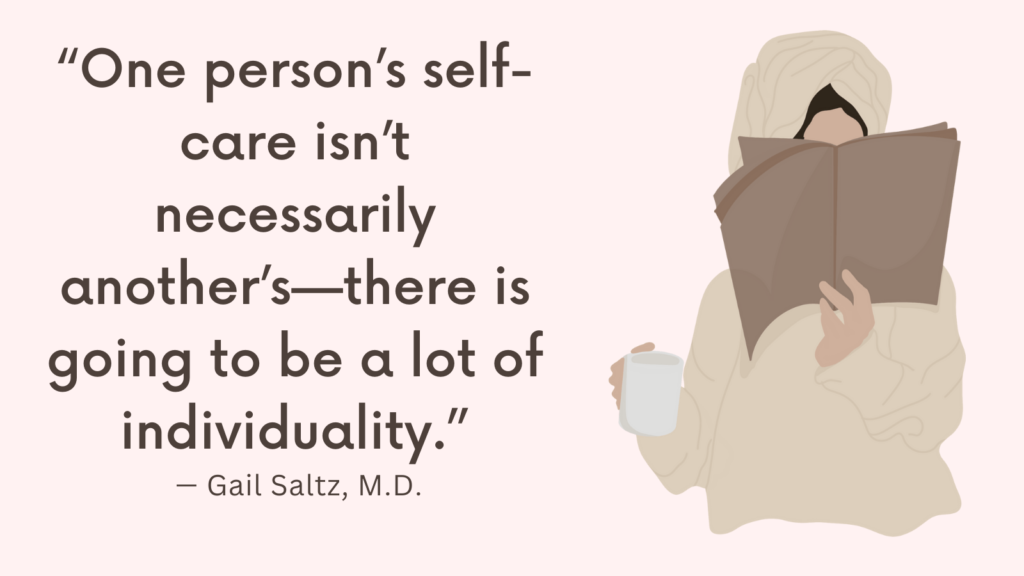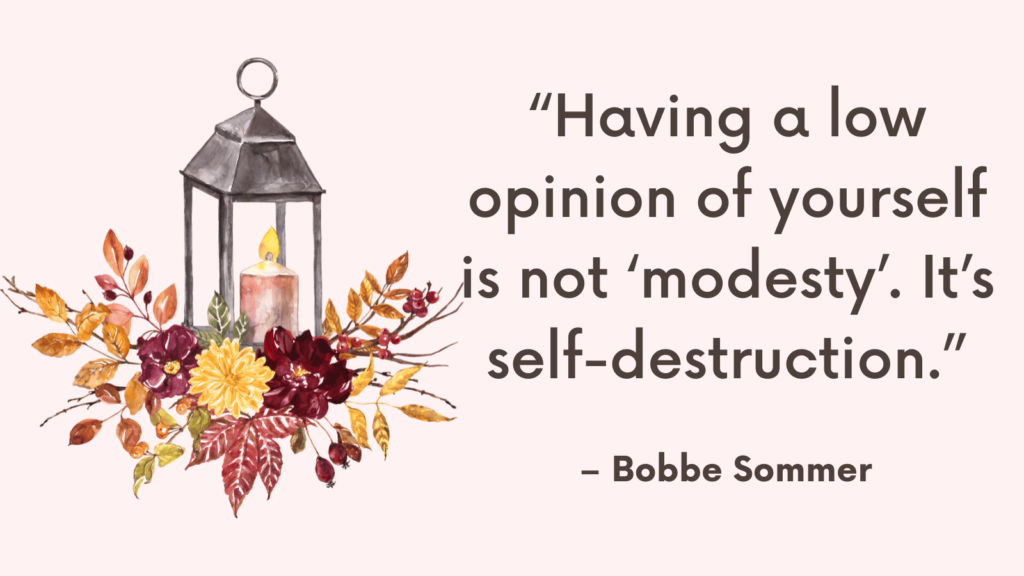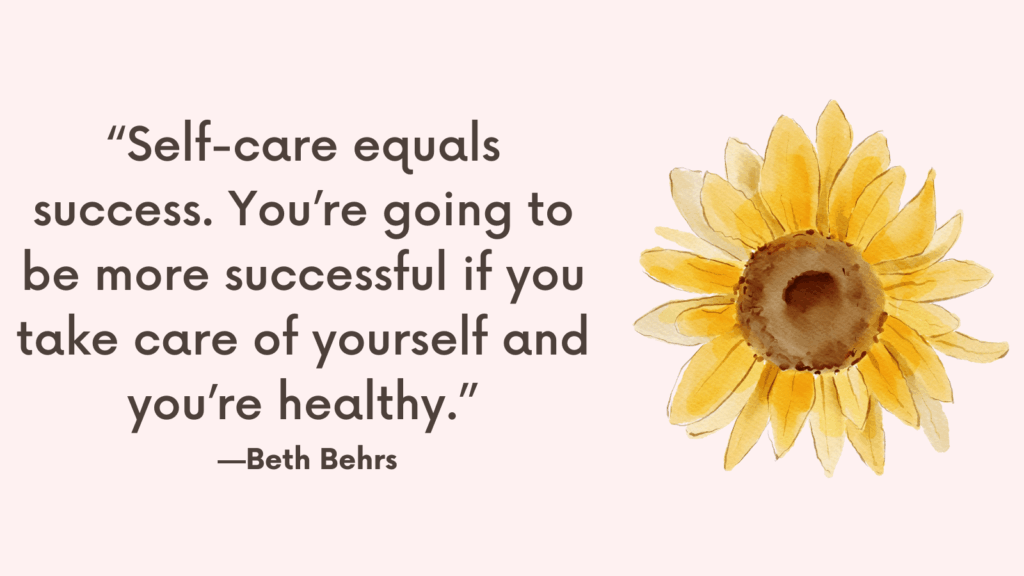In this post, you’re going to learn how to recharge as an introvert.
What Is an Introvert?
An introvert is a personality type characterized by a preference for solitude and introspection.
Introverts tend to gain energy from being alone and find social interactions to be draining, compared to extroverts who thrive in social settings and draw their energy from external stimuli.
While introversion is often misconstrued as shyness, they are not necessarily synonymous.
Shyness refers to a fear of social judgment or discomfort in social situations, which can be present in both introverts and extroverts.
Introverts are typically more focused inwardly, preferring solitary activities and engaging in deep reflection.
They often enjoy quiet environments and may need time alone to recharge their mental and emotional energy.
It’s important to note that introversion is a normal and valid personality trait that exists on a spectrum, and it does not imply any deficiencies or limitations.
Related: Top 6 Challenges For Introverts (& How to Overcome Them)
6 Signs of Exhaustion for Introverts
As an introvert, it is important to recognize signs of exhaustion to take care of your well-being.
Some common signs of exhaustion for introverts may include:
1. Social Withdrawal: You may find yourself withdrawing from social engagements more frequently, seeking solitude and alone time to recharge.
2. Feeling Overwhelmed: Engaging in too much social interaction or being in highly stimulating environments can leave you feeling overwhelmed and mentally drained.
3. Decreased Motivation: A lack of enthusiasm or motivation for activities you once enjoyed may be a sign of exhaustion. Introverts may need extra energy to engage in social activities, and when exhausted, their overall motivation can be affected.
4. Heightened Irritability: Exhaustion can lead to increased irritability or sensitivity, making you more easily overwhelmed by external stimuli or interactions.
5. Physical Fatigue: Introverts can experience physical fatigue from extended social interaction, as it demands energy and mental effort. This can manifest as feeling physically tired or having low energy levels.
6. Difficulty Concentrating: Exhaustion can impact your ability to focus and concentrate on tasks, leading to decreased productivity and mental clarity.
Related: Best 10 Books For Introverts
How to Recharge As an Introvert?
As an introvert, it’s important to recognize and honor your need for downtime and solitude in order to recharge your energy.
Here are some strategies that can help you recharge as an introvert:
1. Schedule Regular Alone Time
Set aside specific periods of the day or week where you can have uninterrupted alone time.
This could be early mornings, evenings, or weekends.
Use this time to engage in activities that you find personally fulfilling, such as reading, journaling, or pursuing hobbies.
2. Create a Restful Environment
Designate a space in your home where you can retreat and relax.
Make it comfortable and personalized with things like soft lighting, cozy blankets, and calming scents.
This space can serve as your sanctuary for recharging.
3. Practice Mindfulness and Meditation
Engaging in mindfulness or meditation practices can help cultivate inner peace and quiet the mind.
Find a quiet place, close your eyes, and focus on your breath.
Allow thoughts to come and go without judgment, bringing your attention back to the present moment.
Related: Best 8 Mindfulness Exercises For Adults That Will Help You Regulate Your Emotions
4. Set Boundaries
Learn to say no to social activities or commitments that drain your energy.
It’s okay to decline invitations or take breaks from socializing in order to recharge.
Communicate your need for alone time to your friends and family so they can understand and respect your boundaries.
5. Engage in Solo Activities
Participate in activities that bring you joy and fulfillment on your own.
This could include taking walks in nature, going to the movies by yourself, or trying out a new hobby.
The key is to engage in activities that allow you to recharge and feel rejuvenated without the need for constant social interaction.
6. Practice Self-Care
Engage in self-care activities that nourish and revitalize you.
This can include taking long baths, getting a massage, practicing yoga or other forms of exercise, or indulging in activities that promote relaxation and well-being.
Related: Top 45 Self Care Day Ideas at Home To Kickstart Your Self Care Ritual
7. Connect with Nature
Spending time in nature can be incredibly refreshing and rejuvenating for introverts.
Take walks in parks, go hiking, or simply sit outside to soak up the natural surroundings.
Nature has a calming effect and can help you recharge your energy.
8. Limit Screen Time
Introverts tend to be more sensitive to external stimuli, including excessive screen time.
Limit the amount of time you spend on electronic devices, as they can be draining and overstimulating.
Instead, opt for activities that are calming and help you disconnect from the digital world.
9. Reflect and Journal
Take time to reflect on your thoughts and emotions by journaling.
Writing can be cathartic and help you process your experiences and recharge your mental energy.
Use this as a tool to gain insight into yourself and your needs as an introvert.
Related: Top +100 Journal Prompts For Mental Health [+Free PDF Printable!]
10. Seek Solitude in Daily Routines
Look for opportunities to find moments of solitude within your daily routines.
This could be taking a longer shower, waking up earlier than others, or enjoying a cup of tea or coffee alone.
These small moments of alone time can provide a sense of calm and help you recharge throughout the day.

Conclusion
Introversion is a natural personality trait, and it’s essential to honor and prioritize your need for solitude and recharge time.
By incorporating these strategies into your routine, you can create a balanced and fulfilling life as an introvert.
FAQ
Are introverts shy?
No, being an introvert does not necessarily mean being shy.
Shyness is a fear or discomfort in social situations, often accompanied by self-consciousness and a lack of confidence.
While some introverts may also be shy, the two traits are not synonymous.
Introversion refers to how individuals gain and expend energy, with introverts drawing energy from within themselves and typically needing solitude to recharge.
Shyness, on the other hand, is more related to anxiety and apprehension in social interactions.
Related: 30 Day Social Anxiety Challenge That Will Help You Feel More Confident
Can introverts become extroverts?
Introversion and extroversion are considered as two ends of a spectrum, and while individuals may have tendencies towards one or the other, it is highly unlikely to change someone’s fundamental temperament from introvert to extrovert or vice versa.
However, it is possible for individuals to develop certain extroverted skills and behaviors, allowing them to adapt better in social situations if they choose to do so.
This does not mean that they become extroverted, but rather that they learn to navigate social environments more comfortably.
Can introverts enjoy socializing?
Yes, introverts can genuinely enjoy socializing, although they may approach it differently than extroverts.
Introverts tend to prefer deeper, meaningful conversations with small groups of close friends or engaging in activities that align with their interests.
They may find larger social gatherings draining and may need time alone afterward to recharge their energy.
It’s important to remember that enjoyment of socializing varies among individuals, regardless of their introverted or extroverted nature.
Related: Best 10 Books For Social Anxiety
Do introverts lack social skills?
Introverts need alone time to recharge and rejuvenate their energy.
Interacting with others, particularly in socially demanding situations, can be draining for introverts because they process information deeply and reflect internally.
Alone time allows them to rest, reflect, and engage in activities that align with their interests without external stimulation.
It helps them regain their mental and emotional energy, which is crucial for maintaining overall well-being and functioning optimally in social settings.
Why do introverts need alone time?
Introverts need alone time to recharge and rejuvenate their energy.
Interacting with others, particularly in socially demanding situations, can be draining for introverts because they process information deeply and reflect internally.
Alone time allows them to rest, reflect, and engage in activities that align with their interests without external stimulation.
It helps them regain their mental and emotional energy, which is crucial for maintaining overall well-being and functioning optimally in social settings.
Related: Top 25 Tips On How To Set Boundaries In A Toxic Relationship? (+FREE Worksheets PDF)
Can introverts feel lonely?
Yes, introverts can experience feelings of loneliness, just like anyone else.
Loneliness is a subjective feeling resulting from a perceived discrepancy between desired and actual social connections.
While introverts generally value quality over quantity when it comes to social interactions, they still need meaningful relationships and connections.
It’s important to note that feeling lonely is not exclusive to introverts or extroverts, as it is a universal human experience.
Are introverts always quiet?
No, introverts are not always quiet.
While some introverts may be quieter in certain situations, such as large groups or unfamiliar environments, introversion itself does not determine one’s level of talkativeness.
Introverts can be talkative, expressive, and assertive, especially when discussing topics of personal interest or participating in one-on-one or small group conversations.
The extent to which introverts express themselves vocally may vary depending on their comfort level and the context of the situation.
Related: What Do Boundaries Sound Like? + 35 Boundaries Examples



